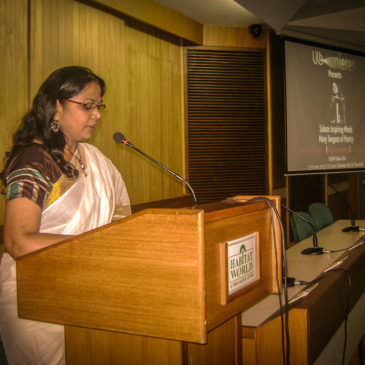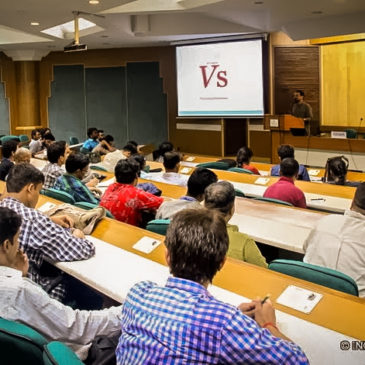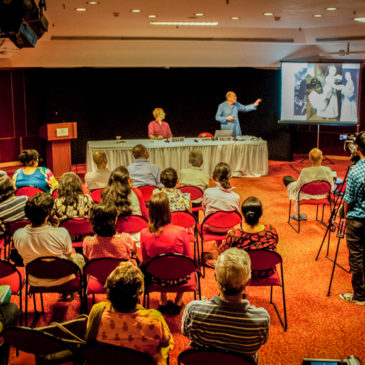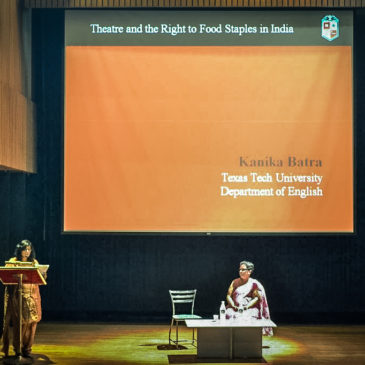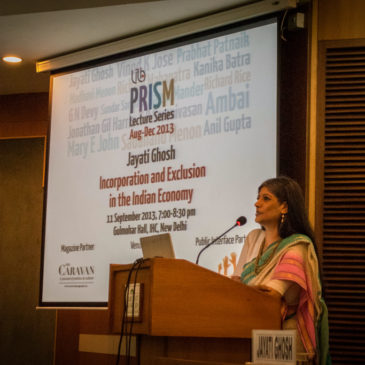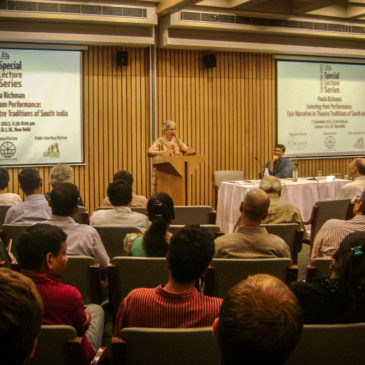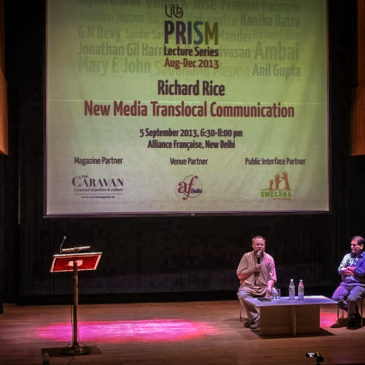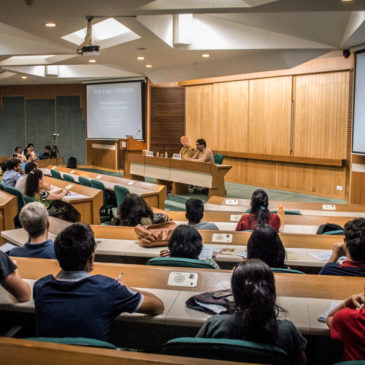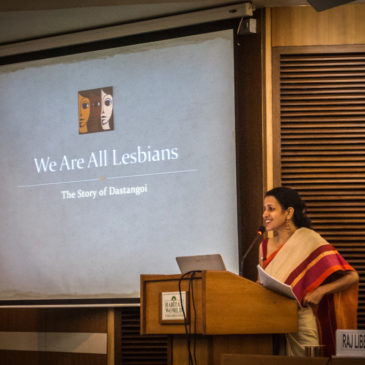SALMA: Inspiring Minds l The Many Tongues of Poetry
It was heartening to see a full house in early evening in Delhi; people from all walks of life… From this event, we will definitely cherish and keep warmly in our memories the translators’ meet, with Anamika (Hindi), Roomy Naqvy (Gujarati), Rabiul Islam (Ahomiya), Himanjali Sankar (Bangla), Kaif Ali Taqvi (Urdu), along with Salma herself. Nivedita Kalarikkal, who did a sensitive Malayalam translation of Salma, unfortunately could not join us as she fell ill, but Satchin Joseph Koshy of LILA represented her. As the translators had to work on the basis of Rizio Yohannan Raj’s English translation, this was also a good chance for the translators to exchange notes, and observe the possibilities of translation among different Indian languages.


